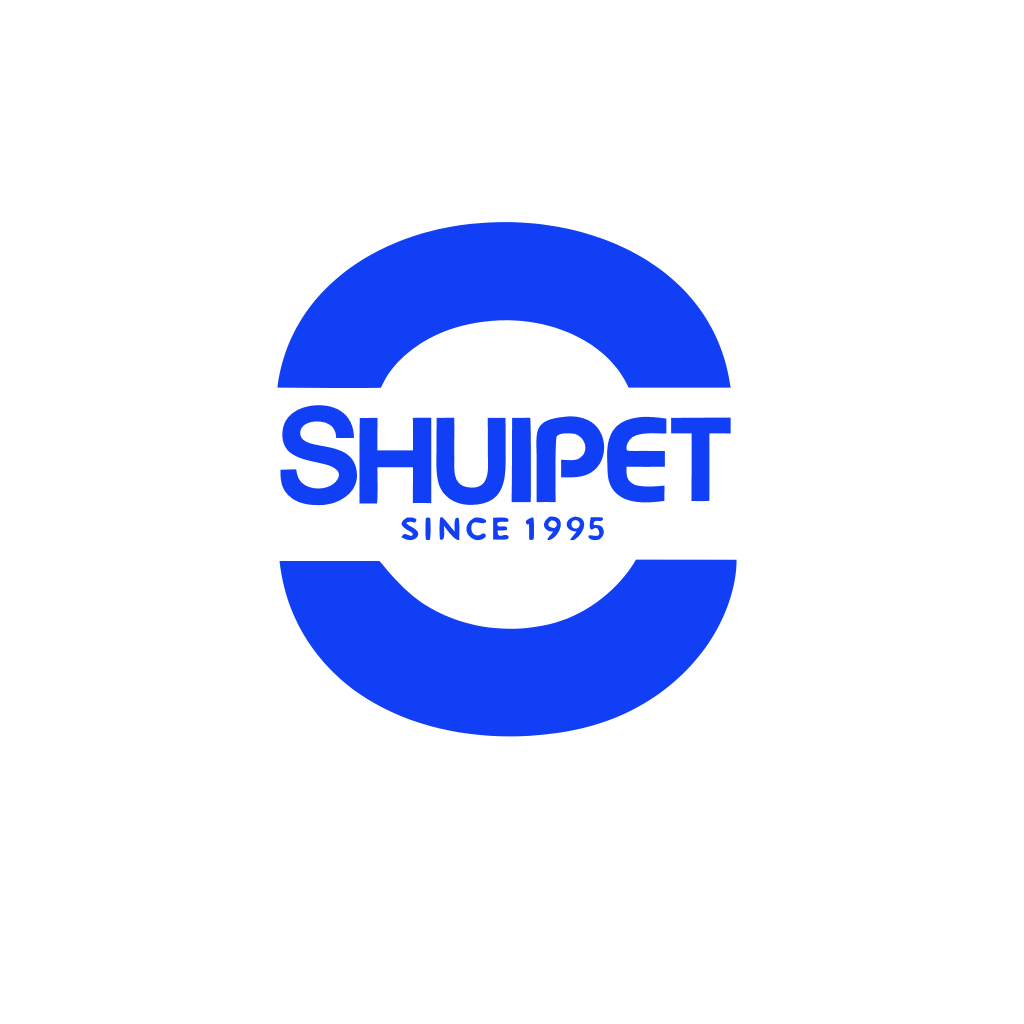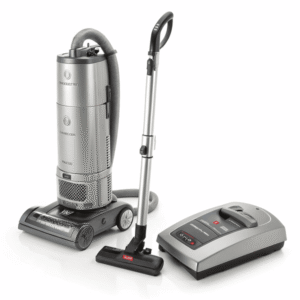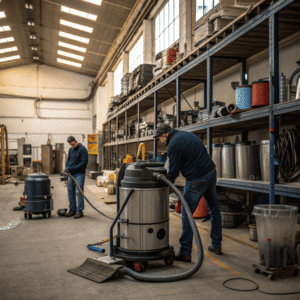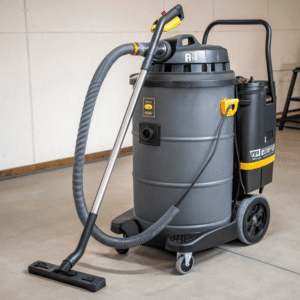Buy Industrial Vacuum – Spilvac – Quora – Spilvac?
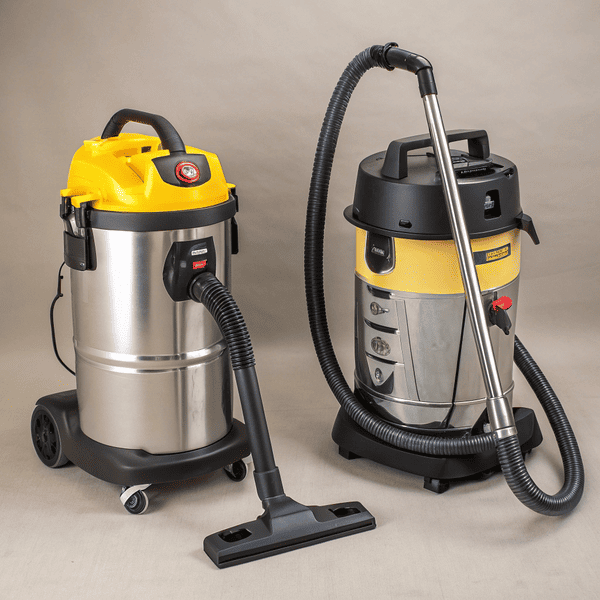
Many businesses battle messes and dust with regular vacuums, only to find these machines burn out fast and barely handle the workload. The right choice saves money and time.
The key difference between a regular vacuum and an industrial vacuum cleaner lies in build quality, The key difference between a regular vacuum and an industrial vacuum cleaner[^1] lies in build quality, suction power, and dust capacity. Industrial models like Spilvac are built for tough jobs, high volume, and durability.
[^1]: Explore this link to understand how industrial vacuum cleaners can enhance efficiency and performance in demanding environments.
, and dust capacity. Industrial models like Spilvac are built for tough jobs, high volume, and durability.
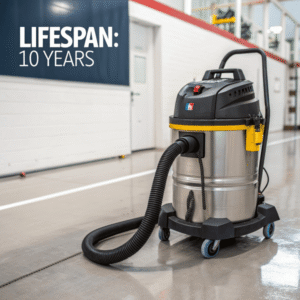
At my friend's fabrication shop, dust was everywhere. We started with a home vacuum but replaced it within two months. Switching to an industrial vacuum from Spilvac made a clear difference—floors stayed clean and we avoided repeat breakdowns. That’s when it hit me how much maintenance costs and lost time can add up with the wrong equipment.
What is the difference between a vacuum cleaner and an industrial vacuum cleaner?
Trying to clean tough messes with a basic home vacuum leads to frustration and quick breakdowns, especially at commercial or industrial sites.
A vacuum cleaner is designed for light, A vacuum cleaner is designed for light, household use, while an industrial vacuum cleaner[^1] is built for heavy-duty cleaning, larger debris, and frequent operation, offering stronger motors and higher dust capacity.
[^1]: Explore this link to understand the advantages of industrial vacuum cleaners for heavy-duty tasks and their efficiency.
, while an industrial vacuum cleaner is built for heavy-duty cleaning, larger debris, and frequent operation, offering stronger motors and higher dust capacity.
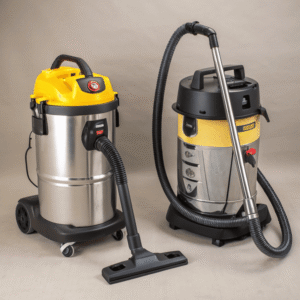
I compared these two while managing a CNC shop. Home vacuums struggled with metal shavings and only lasted weeks. Industrial vacuums handled everything from sawdust to small bolts, day after day. Industrial models often feature larger motors and stronger filters. Their design withstands impact and intense use. They come with bigger wheels and cords for maneuvering in large spaces. Spilvac industrial vacuums, in particular, offer wet/dry operation, customized filters, and powerful suction which make them ideal for any workshop or warehouse that deals with a mix of messes.
Here’s a breakdown:
| Feature | Household Vacuum | Industrial Vacuum |
|---|---|---|
| Motor Power | Moderate | High/Very High |
| Capacity | Small | Large |
| Filter Type | Basic | Advanced/HEPA |
| Durability | Low | High |
| Use Frequency | Light | Continuous |
Industrial vacuums are a must for workplaces that see messes and dust every day—they save time and money in the long run.
What vacuums do cleaning companies use?
Businesses that need to get through big jobs and keep clients happy will struggle with basic vacuums that miss dirt and break too soon.
Cleaning companies trust vacuums like the ProTeam Super CoachVac, Cleaning companies trust vacuums like the ProTeam Super CoachVac[^1], Windsor Sensor XP, and Nilfisk GD 930. These models combine powerful suction, ergonomic design, and long-lasting performance for professional results.
[^1]: Discover the unique features and benefits of the ProTeam Super CoachVac, a top choice for cleaning professionals.
, and Nilfisk GD 930. These models combine powerful suction, ergonomic design, and long-lasting performance for professional results.
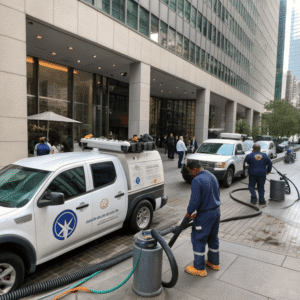
I shadowed a team at a commercial cleaning firm. They handed out backpack-style ProTeam vacuums for their portability and long reach. The Windsor handled large carpeted areas, dealing with dust under desks with no problem. Nilfisk units, praised for their durability, powered through all-day shifts. These models share important traits: strong motors, sturdy build, high filtration, and easy maintenance. Cleaning companies need reliable equipment since replacing or repairing gear costs time and hurts client satisfaction.
Review the top choices:
| Model | Type | Main Advantage | Best For |
|---|---|---|---|
| ProTeam Super CoachVac | Backpack | Lightweight, powerful | Large buildings |
| Windsor Sensor XP | Upright | Auto adjust, HEPA | Offices, public spaces |
| Nilfisk GD 930 | Canister | Quiet, robust | Daily high-use areas |
Cleaning crews depend on tough, efficient vacuums to deliver good service every day.
How long does a commercial vacuum last?
Relying on machines that break down early can disrupt business, waste money, and cause endless frustration for cleaning staff.
A quality commercial vacuum often lasts five to seven years, or even longer, withA quality commercial vacuum[^1] often lasts five to seven years, or even longer, with regular maintenance and filter changes. Heavy usage in rough environments may shorten this lifespan.
[^1]: Explore this link to discover top-rated commercial vacuums that ensure durability and efficiency for your cleaning needs.
and filter changes. Heavy usage in rough environments may shorten this lifespan.

One of my long-term clients ran a facility where the Windsor Sensor XP models lasted more than six years, despite being used daily. Key to this longevity was sticking to a simple maintenance plan—emptying the bag, cleaning the filter, and inspecting parts monthly. Lower-end models lasted only two years before repairs outstripped their value. Spilvac industrial vacuums also have a reputation for running reliably under daily and demanding use, saving costs on replacements and downtime. Warranties often cover major repairs within the first year or two.
Here’s what affects lifespan:
| Factor | Positive Effect | Negative Effect |
|---|---|---|
| Maintenance | Extends life | Ignoring leads to failure |
| Environment | Clean, dry spaces | Wet, dirty, or rough use |
| Quality | Robust materials, certified | Cheap, non-durable parts |
| Usage | Moderate frequency | Heavy/daily, rough handling |
Investing in a durable vacuum and maintaining it pays dividends over many years of service.
Conclusion
Industrial vacuums like Spilvac offer power, durability, and a longer lifespan, providing better value for businesses dealing with constant or tough cleanups.
